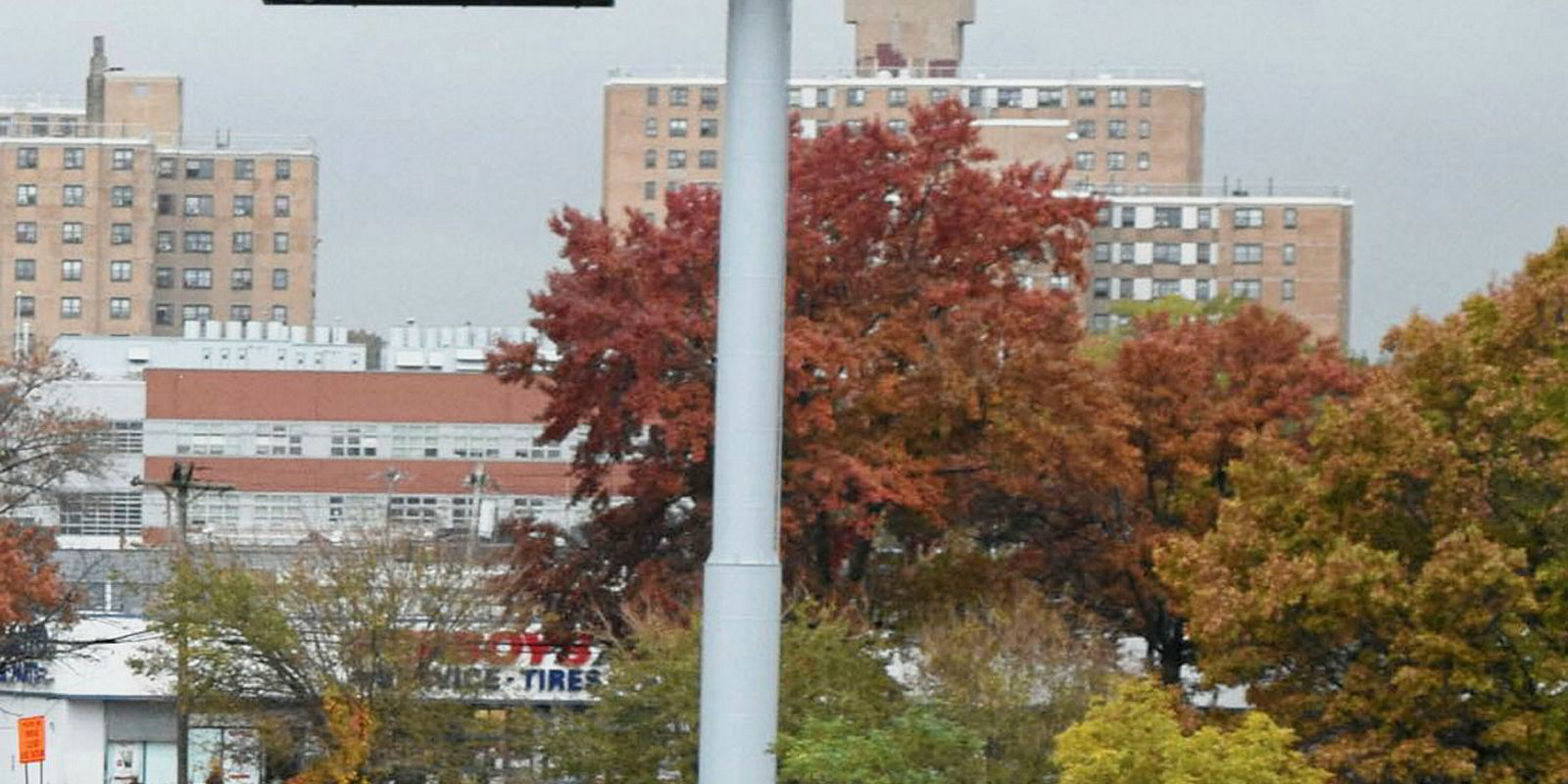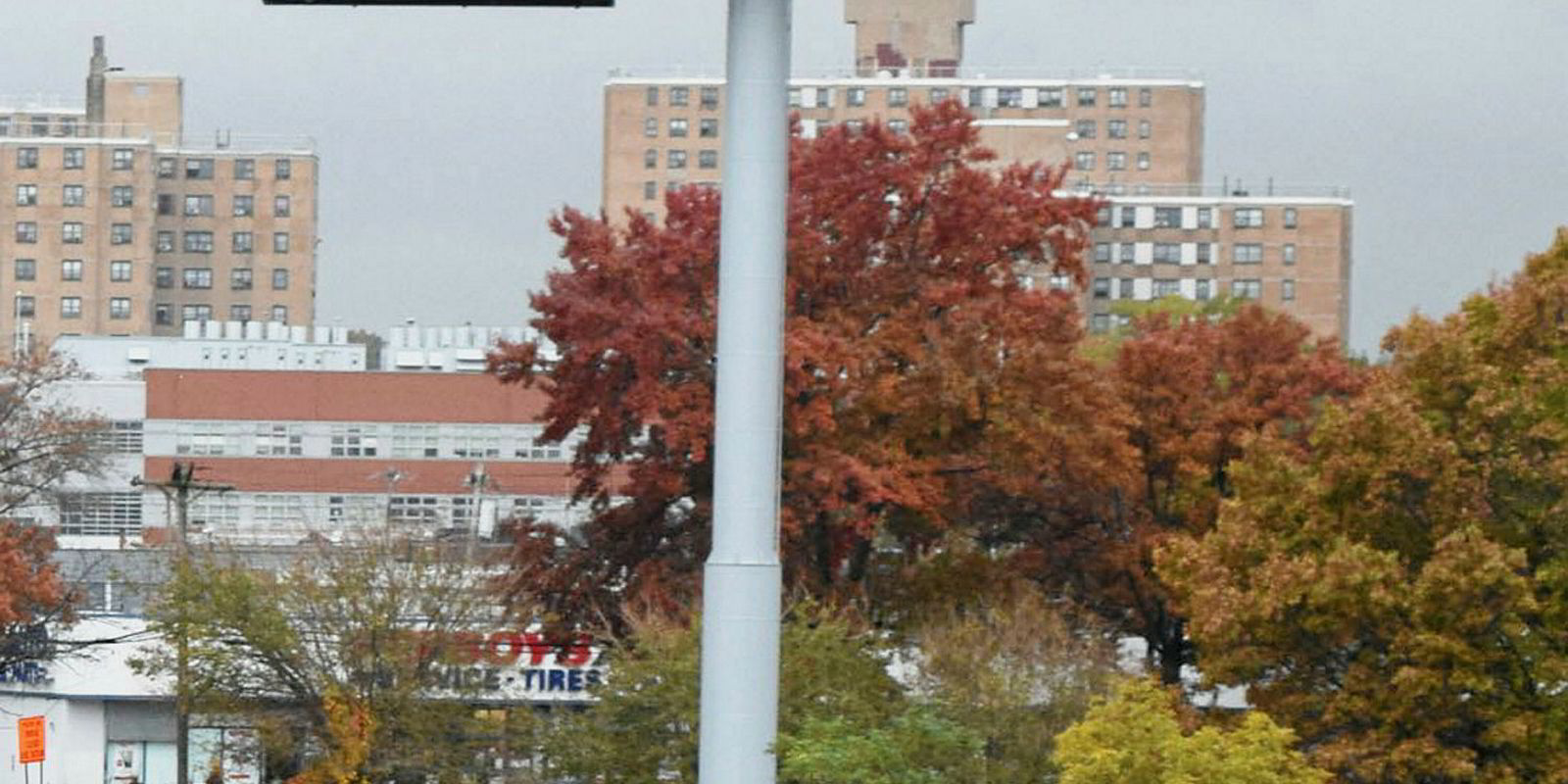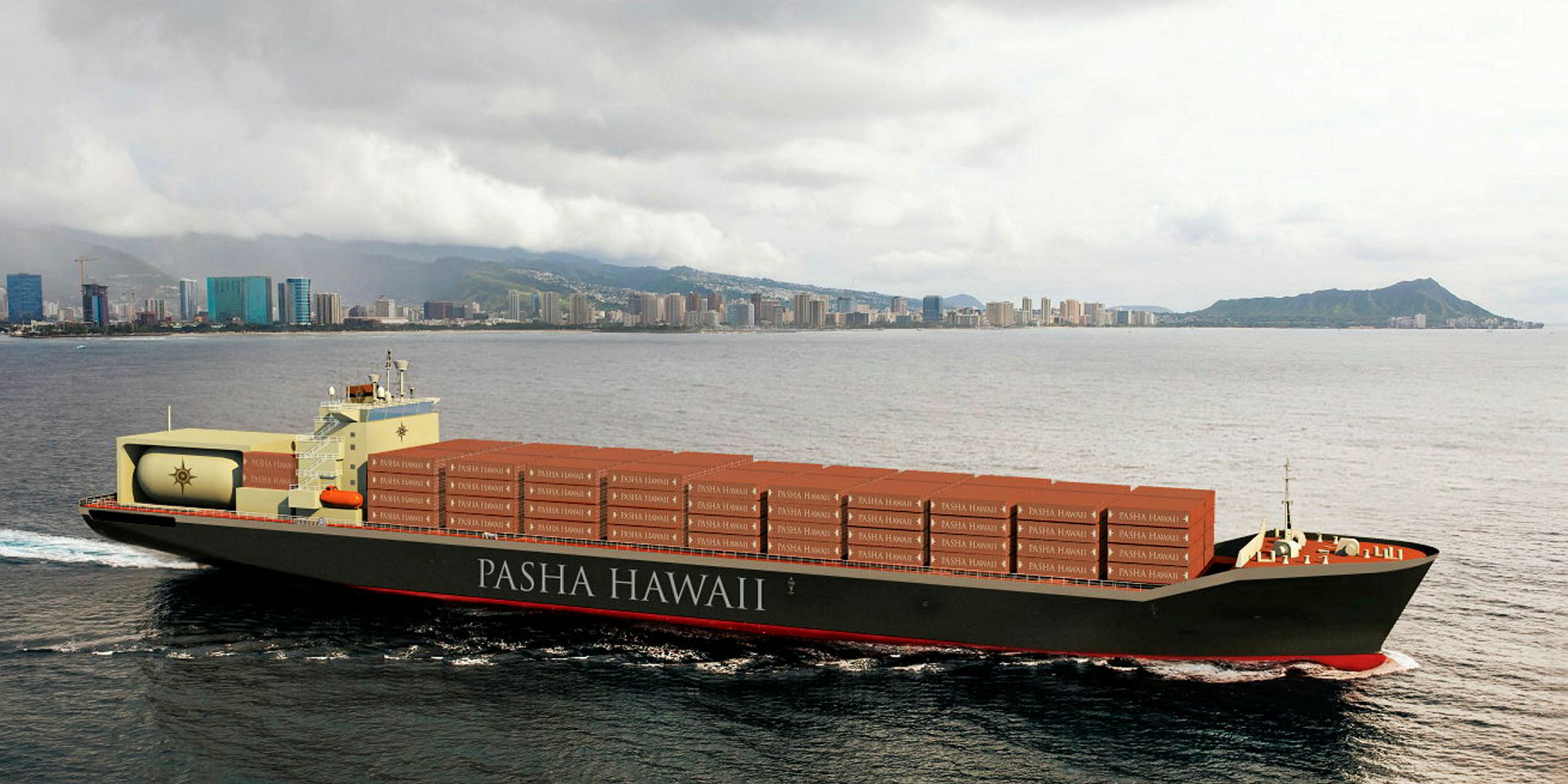If anything, the Cato Institutes billboard campaign against the Jones Act has baffled the pro-Jones Act contingent of the shipping industry.
"I never really knew Cato was so committed to reducing traffic," said Rich Berkowitz, the Transportation Institute's director of Pacific coast operations.
"Throwing up a picture of a traffic jam and blaming the Jones Act is kind of pathetic."
The Washington, DC-based libertarian think tank last week put up two billboards near major New York-area interstate highways, one in the Bronx, New York and the other near Newark Liberty International Airport in New Jersey, blaming traffic on the Jones Act.
The billboards directed drivers to BlameJonesAct.com for more information.
In a paper from last summer entitled "Jones Act: A Burden America Can No Longer Bear" a trio of authors, Colin Grabow, Inu Manak, and Daniel Ikenson, argue the nearly-century old law requiring ships engaged in US domestic trade to be American owned, built, crewed and flagged is too restrictive.
They blame the law for the disparity of goods transported by water in the US versus Europe and increased pollution by putting more trucks on the road.
They also argue that the Jones Act is not achieving its stated national security goals, as the country has a dearth of US-flagged ships and merchant mariners.
Berkowitz said the Maritime Administration has been "zealous" about trying to get more waterborne transportation and that there are small-scale short sea shipping operations.
"Shippers have every interest in expanding their business, but shippers are used to their traditional modes, he said.
"For a lot of people who are directors of logistics and transportation, do you want to take a risk on a relative unknown when you’ve been served well by rail and road? It takes a lot to get someone out of that box.
"It’s starting to change, but not to the extent where we’re going to see measurable decreases in traffic for a long time to come."
Jimmy Hart, the president of the AFL-CIO's Metal Trades Department, wondered why the Cato Institute was not putting its support behind the marine highway program.
"It's special interests, it's Wall Street money, it's Koch Brothers money," said Hart, referring to the think tank's bankers, who have shipping interest of their own.
“The Cato Institute needs to come up with some original ideas."
Wednesday, Hart and other union officials rallied in Washington in support of the Jones Act and to advocate for awarding the ailing Philly Shipyard a government contract.
He said the Jones Act was not the problem.
"All the Jones Act does is bring money into the economy, create good jobs and maintain vital skills," Hart said.
“Walk into any shipyard and look at the skills possessed by the workers in the shipyard. Why would you want to lose them?
"In New York, I admire their chutzpa with the billboards," he added. "Thanks to them, the billboard industry is as robust as ever."






